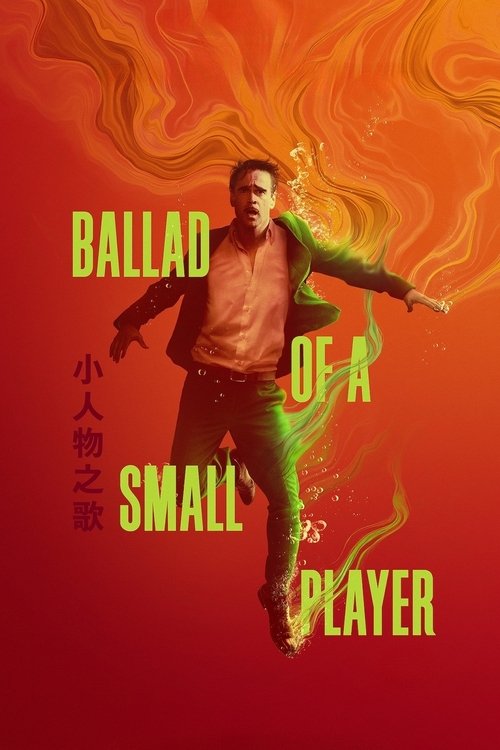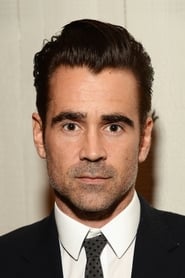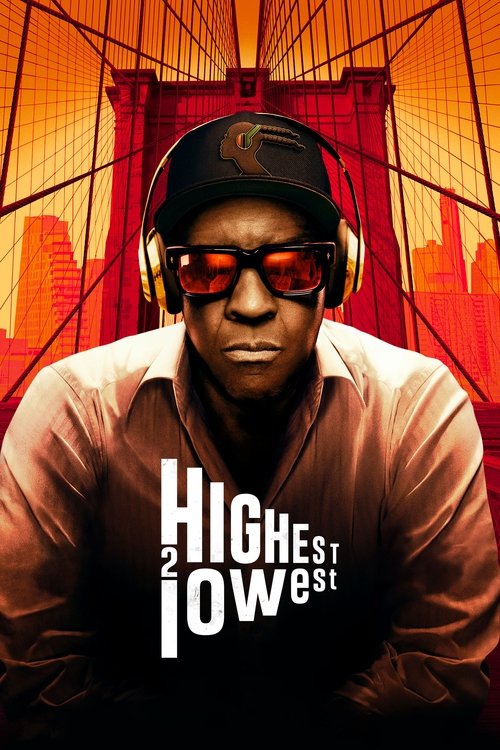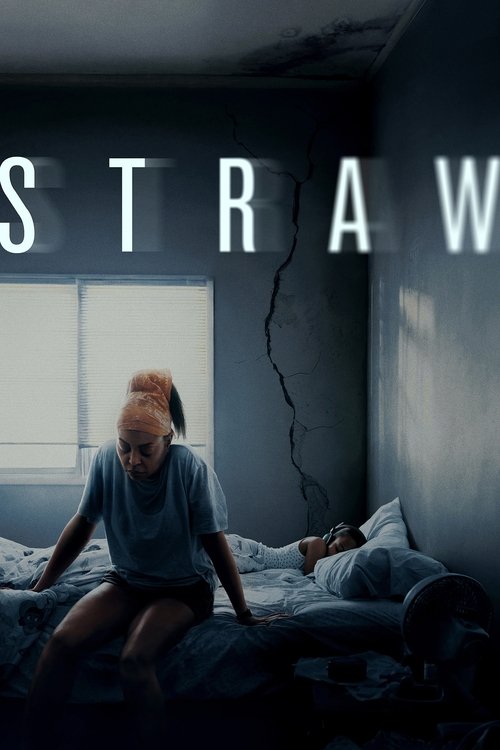
Ask Your Own Question
What is the plot?
Sorry, we aren't able to watch and write up a full detailed plot yet. Check back in a few days.
What is the ending?
Short Narrative of the Ending: In the ending of "Ballad of a Small Player," Lord Doyle, a gambler deeply in debt, finds himself entangled in a complex web of relationships and moral dilemmas. He is aided by Dao Ming, a mysterious casino employee, while being pursued by Cynthia Blithe, a private investigator. The climax involves a denouement where a character named Grandma, who can see spirits, explains the essence of the story to Doyle. Ultimately, Doyle's fate is left somewhat ambiguous, as he seems to momentarily find a path towards redemption, though it is unclear if he truly changes.
Expanded Narrative of the Ending:
As the story unfolds towards its conclusion, Lord Doyle finds himself increasingly entangled in his own desperation. His debts are mounting, and his reliance on Dao Ming grows. Dao Ming, who has taken a liking to Doyle, continues to extend him lines of credit, despite the moral implications. Meanwhile, Cynthia Blithe, the private investigator, closes in on Doyle, intent on forcing him to confront his past and pay his debts.
In one of the final scenes, Doyle is introduced to the concept of the Festival of the Hungry Ghost, a theme that has been visually and narratively woven throughout the film. This festival serves as a metaphor for the characters' insatiable hunger for money and their inability to satiate it. Dao Ming's character is pivotal in this narrative, as she represents a form of salvation for Doyle, though her motivations are not entirely altruistic.
As the climax approaches, Doyle's world begins to unravel further. He is confronted by his past mistakes and the consequences of his actions. In a pivotal moment, a character named Grandma, a deep-pocket gambler who claims to see spirits, intervenes. Grandma explains the essence of the story to Doyle, essentially summarizing the narrative and its themes. This scene serves as a form of exposition, clarifying the mystical elements and the characters' emotional journeys.
In the final scenes, Doyle appears to have a moment of clarity or redemption. However, this transformation is not explicitly detailed, leaving the audience to interpret whether Doyle has truly changed or if this is merely another fleeting moment of self-deception. The film concludes with Doyle's fate somewhat ambiguous, as he seems to be on a path towards redemption, though it is unclear if he will sustain this change.
The fate of the other main characters is also somewhat open-ended. Dao Ming's crisis of conscience is resolved through her interactions with Doyle, though her future remains uncertain. Cynthia Blithe's pursuit of Doyle does not lead to a dramatic confrontation, as her role in the story seems to fade towards the end. The film ends with a sense of unresolved tension, leaving the audience to ponder the characters' futures and the themes of greed, redemption, and the elusive nature of salvation.
Who dies?
Yes, there are character deaths in Ballad of a Small Player (2025), with the most significant being the protagonist, Lord Doyle (real name Brendan Reilly). He dies in a restaurant scene, which is pivotal to the story. After his death, he is depicted as being in the realm of the hungry ghosts, a symbolic state reflecting his dissatisfaction and unresolved struggles despite material indulgences like food.
The circumstances of Lord Doyle's death are tied closely to his psychological and existential downfall. He is a deeply flawed gambler hiding in Macau, burdened by massive debts and a stolen identity. His death occurs as a culmination of his self-destructive lifestyle, addiction, and the inescapable consequences of his past actions. The film explores his internal torment and the blurred lines between reality and hallucination, especially in the final sequences where his fate is revealed.
No other character deaths are explicitly detailed in the available sources. The narrative focuses primarily on Doyle's tragic arc, his interactions with Dao Ming (a mysterious casino employee), and the private investigator Cynthia Blithe pursuing him. The story's emotional and thematic weight centers on Doyle's demise and the symbolic meaning of his death rather than multiple character fatalities.
Is there a post-credit scene?
There is no specific mention of a post-credits scene in "Ballad of a Small Player" (2025) in the available information. However, one review mentions staying through the credits for a "brilliant dance sequence" at the end of another film, but this does not apply to "Ballad of a Small Player" . The film itself focuses on Colin Farrell's character, Lord Doyle, a high-stakes gambler trying to escape his past debts in Macau, with a narrative that includes colorful visuals and a formulaic script .
If there were a post-credits scene, it would likely be a continuation or conclusion of the story, possibly involving Lord Doyle's journey or the mystical themes hinted at throughout the film. However, without specific details, it's unclear what such a scene might entail. The film's conclusion before the credits is noted to be somewhat abrupt and not fully satisfying narratively .
Is this family friendly?
Ballad of a Small Player (2025) is not considered family friendly. The film is rated R, which typically indicates content unsuitable for children and potentially upsetting for sensitive viewers. While detailed scene-by-scene breakdowns are limited in available reviews, the following aspects--based on the film's themes, setting, and critical descriptions--are likely to be present and potentially objectionable:
The movie is set in the high-stakes gambling world of Macau, depicted as both glamorous and deeply isolating. The protagonist, Lord Doyle (Colin Farrell), is a compulsive gambler drowning in debt, and the narrative follows his downward spiral. Expect frequent scenes of gambling, heavy drinking, and the tense, sometimes desperate atmosphere of casino life. The emotional tone is bleak, with Doyle's internal struggle marked by anxiety, guilt, and a sense of hopelessness as he grapples with his addiction and mounting losses.
There are likely to be moments of intense stress and psychological pressure, as Doyle's choices lead him into increasingly risky situations. The film's visual style is described as maximalist and exuberant, with flashing lights and a sensory overload that mirrors Doyle's chaotic state of mind. This could be overwhelming or disorienting for some viewers, especially children or those sensitive to loud, chaotic environments.
While explicit violence or graphic content is not highlighted in available reviews, the film's focus on moral decay, addiction, and existential despair may be distressing. The relationship between Doyle and Dao Ming (Fala Chen) introduces elements of manipulation and emotional complexity, which could be unsettling for younger or more sensitive audiences.
In summary, Ballad of a Small Player contains adult themes of gambling addiction, financial ruin, heavy drinking, psychological stress, and moral ambiguity, all set against a visually intense backdrop. These elements make it inappropriate for children and potentially upsetting for sensitive viewers.




























